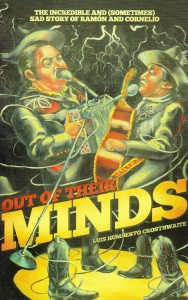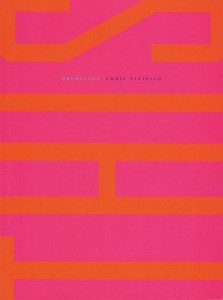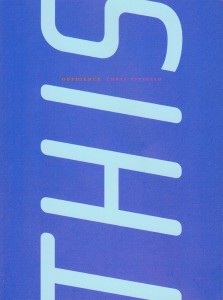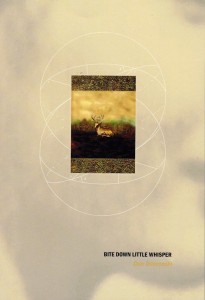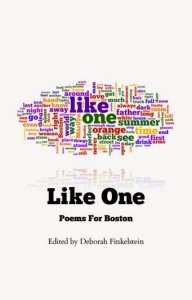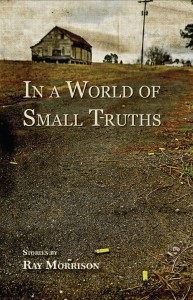This week’s selections include poetry, Mexican fiction, and the memoir of a lost Holocaust childhood.
Out of Their Minds, fiction by Luis Humberto Crosthwaite, Cinco Puntos Press
“Hey, what’s up, come a little closer, I have something to tell you,” God said to Cornelio. The deal was simple: God would be the silent partner in the norteño band that Cornelio had started with his best friend Ramon. Cornelio would sing and play the bajo sexto, Ramon the accordion, and God would write the songs. Cornelio agreed; he would sell his soul to God.
Success and disaster followed. The band went from playing bars in Tijuana to playing the biggest stadiums in Mexico. Women started fan clubs and motorcycle gangs dedicated to their heroes, Ramon and Cornelio. It seemed to Cornelio and Ramon that they had everything, but fame was a cruel mistress.
“Of course, what good is a novel about music without music?” Cinco Puntos notes. They have created a Spotify playlist of music from the novel; the playlist can be accessed at the book’s page on the Cinco Puntos site. Turn up the volume while you read.
Looking for Strangers: The True Story of My Hidden Wartime Childhood, nonfiction by Dori Katz, University of Chicago Press
Dori Katz is a Jewish Holocaust survivor who thought that her lost memories of her childhood years in Belgium were irrecoverable. But after a chance viewing of a documentary about hidden children in German-occupied Belgium, she realized that she might, in fact, be able to unearth those years. Looking for Strangers is the deeply honest record of her attempt to do so, a detective story that unfolds through one of the most horrifying periods in history in an attempt to understand one’s place within it. A story at once about self-discovery, the transformation of memory, a fraught mother-daughter relationship, and the oppression of millions, Looking for Strangers is a book of both historical insight and imaginative grasp. In it, the past becomes alive, immediate, and of the most urgent importance.
Obedience, poetry by Chris Vitiello, Ahsahta Press
Obedience features dual-sided printing: begin with either cover (pictured above) and flip the book over and continue reading after you finish one side…or at any point, actually, as Ahsahta notes that the book can be read “forwards, backwards, and laterally.” From its dedication (“for the word ‘THIS’”) to its cascading sentences that demand “Explain yourself to this dot • ” or observe “The first word was a command,” Chris Vitiello’s unique book creates a reading experience of poetry that borders on the compulsive. “The title of this book should be the entirety of the text of this book over again,” the author suggests before urging the reader: “Go on.”
(And for those who are curious after seeing the book’s covers–the ISBN and bar code are on the spine.)
There are no poem titles or page numbers; this can be found about seven pages in, starting with the pink cover:
A tree performs a function: to itself grow
Tear out this page and cut a paper snowflake from it
Don’t read the rest of this book; cut the remaining pages into snowflakes
A photograph of a tree is
That someone created the concept of closure is disappointing
[flip the book over and read the following next to that passage]
That someone created the concept of closure is embarrassing
This line says that it is a photograph of a tree
Mulch this page and germinate a tree with it
Don’t read the rest of this book; mulch the remaining pages
The living really only replicate themselves
Check out more great reads in our latest batch of book reviews, posted last Monday.
 Robin McLean’s first short story collection, Reptile House, will be published May, 2015 by BOA Editions, Ltd. A finalist for the Flannery O’Connor Short Story Prize in 2011 and 2012, Reptile House is the winner of the BOA Short Fiction Prize.
Robin McLean’s first short story collection, Reptile House, will be published May, 2015 by BOA Editions, Ltd. A finalist for the Flannery O’Connor Short Story Prize in 2011 and 2012, Reptile House is the winner of the BOA Short Fiction Prize.
 Devin Becker’s debut collection
Devin Becker’s debut collection  The new free ebook from Argotist Ebooks is
The new free ebook from Argotist Ebooks is  The poems in
The poems in 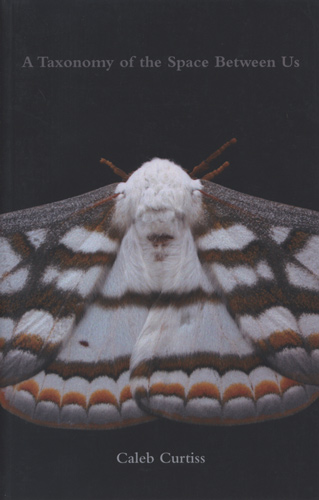 Black Lawrence Press runs their
Black Lawrence Press runs their  Free Verse Editions, the poetry series of Parlor Press, hosts
Free Verse Editions, the poetry series of Parlor Press, hosts  This new book,
This new book,  As part of
As part of  Published by CounterPunch,
Published by CounterPunch,  Michael Bazzett, winner of the
Michael Bazzett, winner of the 

